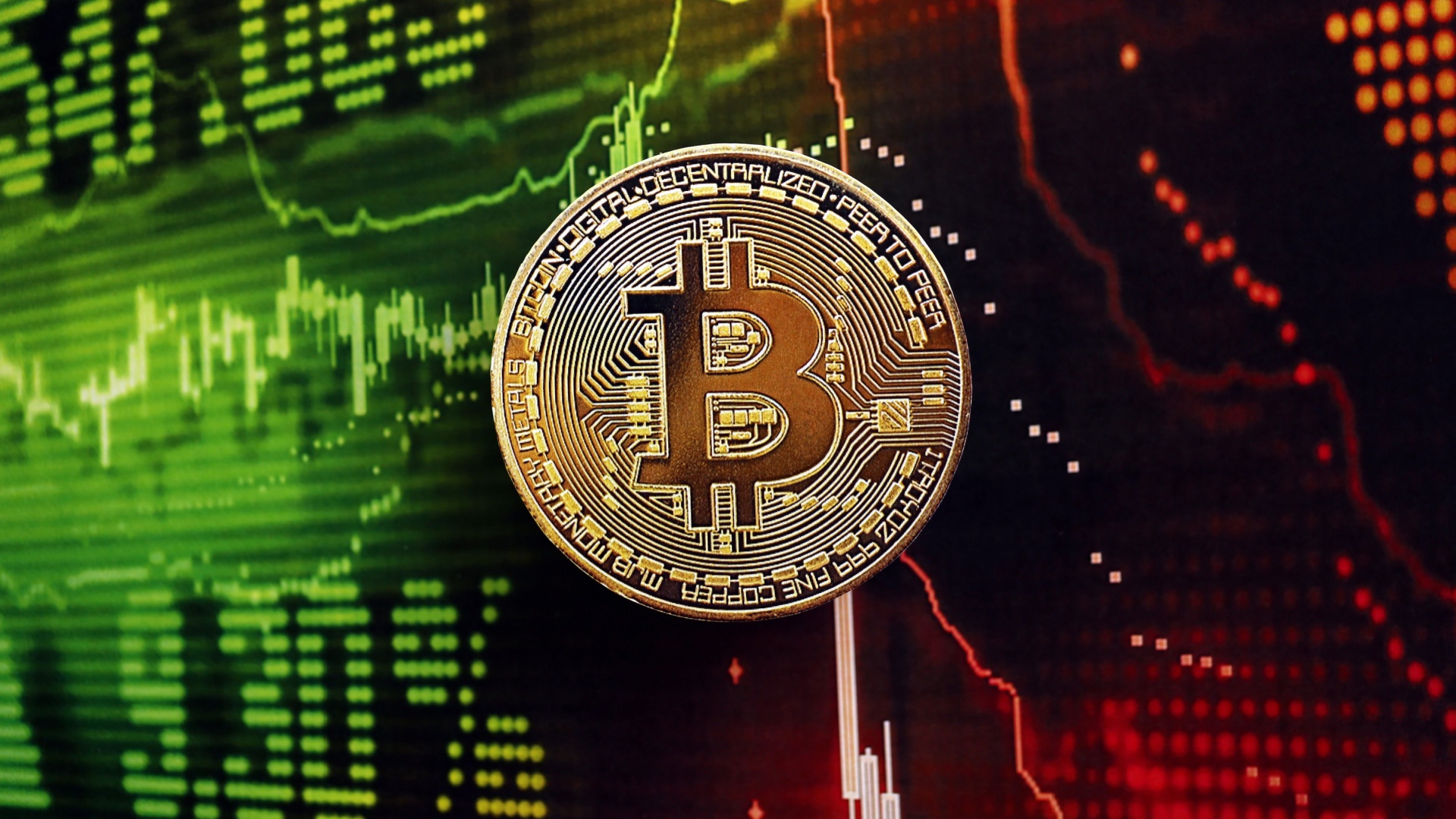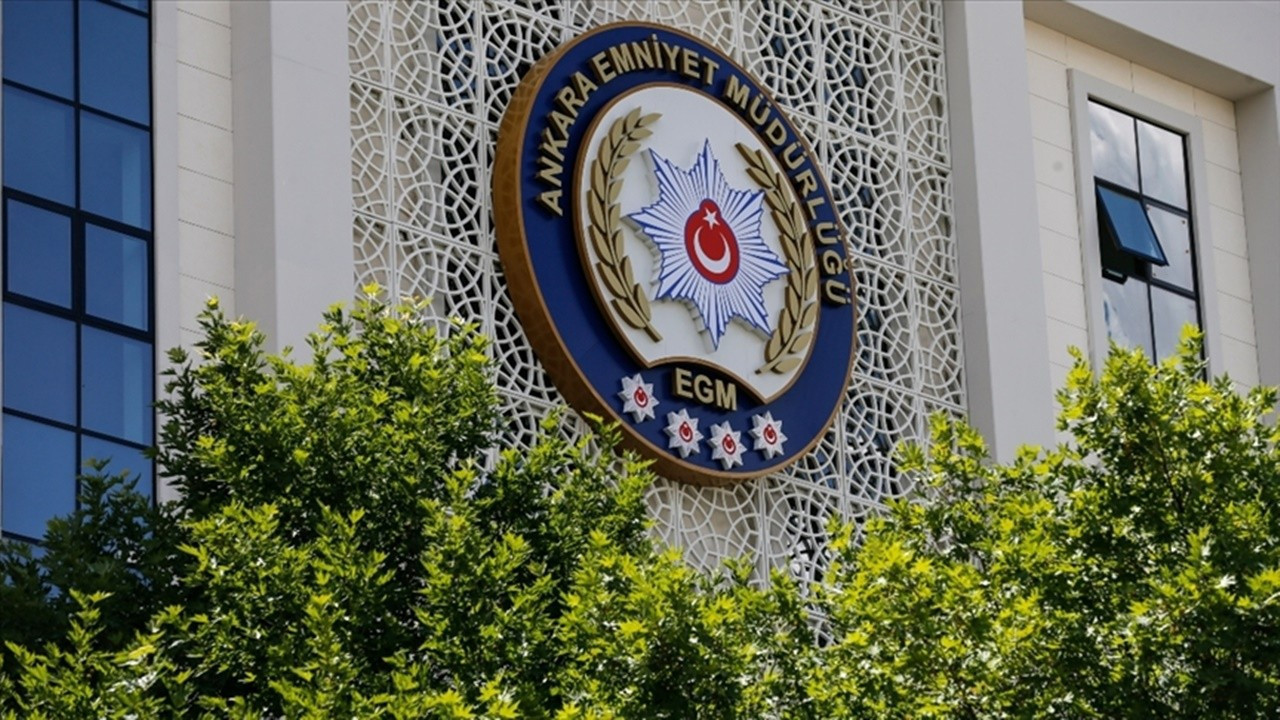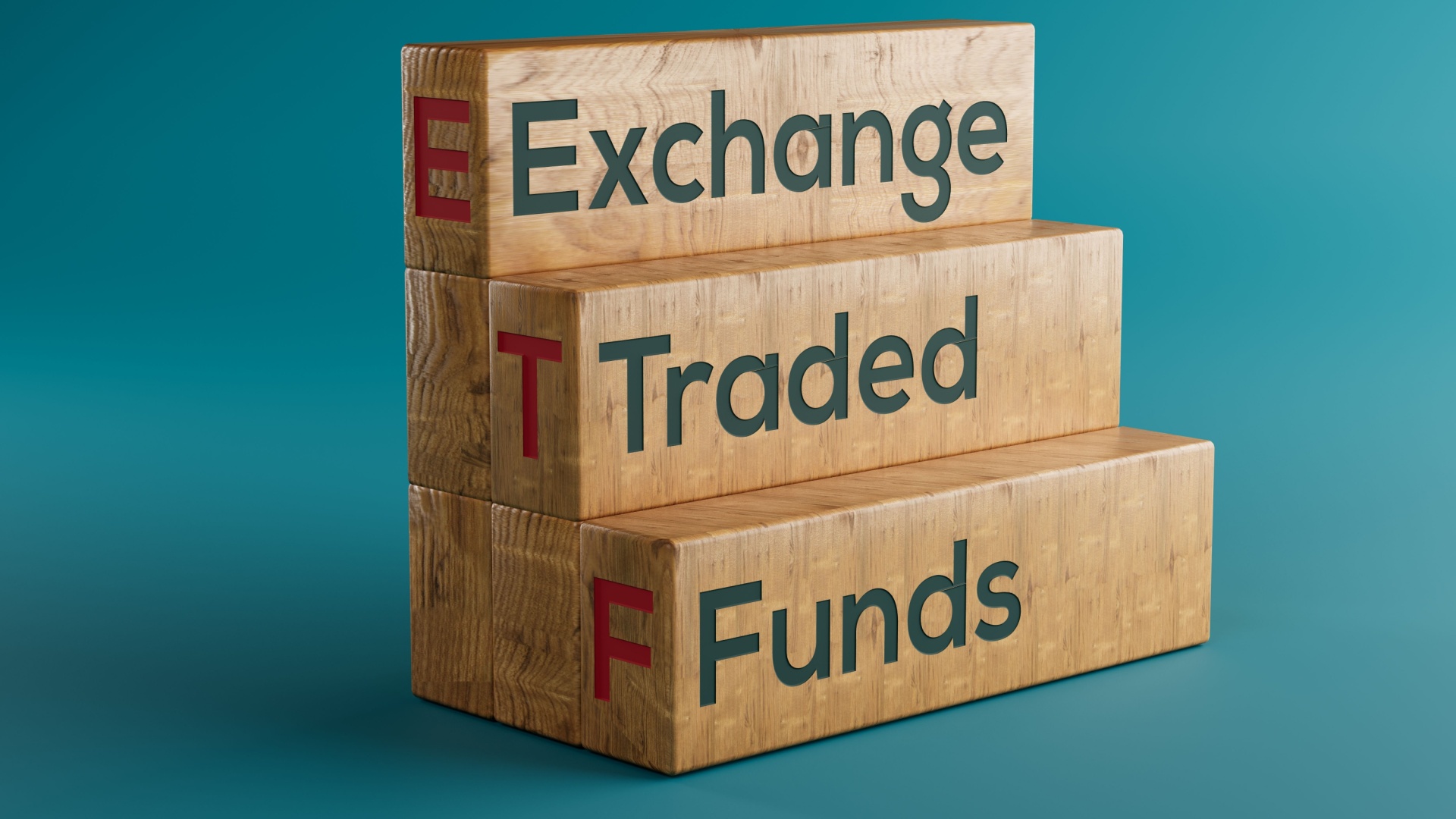Stagflation shock that could profoundly shake the US economy has been averted
The temporary truce between Israel and Iran temporarily eliminated the threat to the supply of oil through the Strait of Hormuz, significantly eliminating the risk of stagflation, a combination of high inflation and low growth in the United States. In particular, the strategic importance of this strait, which accounts for 20 percent of global oil trade, has once again highlighted how effective a supply shock could be in global markets. Historically, every tension in the Strait of Hormuz has driven up energy prices, leading to turmoil in all world economies.
The Iranian parliament's surprise vote to close the Strait of Hormuz came at a time of heightened geopolitical tension. Iran's threats to U.S. nuclear facilities and possible U.S. retaliation have created deep uncertainty for investors. The sudden rise in oil prices and the US's process of fighting high inflation have made it clear how quickly any developments in this region can alter macroeconomic balances. Sudden cuts in global energy supply pose a threat that could disrupt economic planning, especially in import-dependent countries.
Fed's interest rate cut plans in uncertainty
The scenario of a 20 percent rise in oil prices could overshadow interest rate cuts planned by the U.S. Federal Reserve by the end of the year. This volatility, which will also affect European and UK markets, could force the continuation of the tight monetary policies of central banks in the fight against inflation. Analysts emphasize that the rise in oil prices, even if only temporary, can directly affect the decisions of central banks. Increasing price pressures, especially in the US, could lead the Fed to revise interest rate policies. This could lead to an extension of expectations for an interest rate cut and a renewed rise in bond yields.
The impact of geopolitical risk on central banks is not limited only to interest rate decisions. Rising energy costs could push inflation expectations upward, forcing a more cautious stance in monetary policy. Moreover, these developments could also reduce global risk appetite, creating a devaluation of developing country currencies. The fragility of financial markets also makes the communication strategies of central banks more complex.
Investor confidence is fragile, the risk of a fall in the stock markets increases
While US stocks are predicted to fall between 5 and 10 per cent in the third quarter of the year, pressure is growing on investor psychology. The risk of stagflation can trigger waves of selling in growth-focused stocks, while the risk of stagflation causes investors to gravitate to safe havens. The rise in Brent oil prices could affect not only the energy sector, but also many sectors such as industry, transport and consumer products. This can lead to significant deviations in company valuations. Profit margins are expected to narrow, especially in sectors where energy costs are used as direct inputs.
Investors may also start pricing in potential interest rate hikes that central banks can implement to contain inflation. This, in turn, can increase volatility in the stock markets. If the rise in oil prices continues, downward revisions to growth prospects may also be raised. All these developments could lead global investors to pursue a more defensive strategy in their portfolio preferences.
🧠 Expert Review
Even though the relief provided by the temporary truce breathes into markets in the short term, Iran's potential for geopolitical risk remains. Volatility remains high for short-term investors, while fluctuations in oil prices in the medium term should be watched carefully. In the long run, energy security and Fed policies will be decisive; investors must maintain a diversified and risk-balanced portfolio structure. If geopolitical risks flare up again, drastic corrections can be seen in the markets, so news flow and energy prices should be closely monitored.
🛑 Disclaimer
This content is created by the Investment Desk and does not constitute investment advice. You should make your decisions based on your own research and expert advisors.
stock market, usa stock news, stock news, breaking news, iran stagflation risk, fed interest rate policy, oil prices analysis, horror strait crisis, geopolitical risk premium, usa inflation data, brent oil forecasts, investor psychology, what is stagflation
⚖️ Yasal Uyarı:Bu içerik yatırım tavsiyesi niteliği taşımaz. Yatırımlarınızla ilgili kararlarınızı kendi araştırmalarınız ve risk profilinize göre almanız önerilir.
iran stagflation risk, fed interest rate policy, oil price analysis, strait crisis, geopolitical risk premium




















.png)